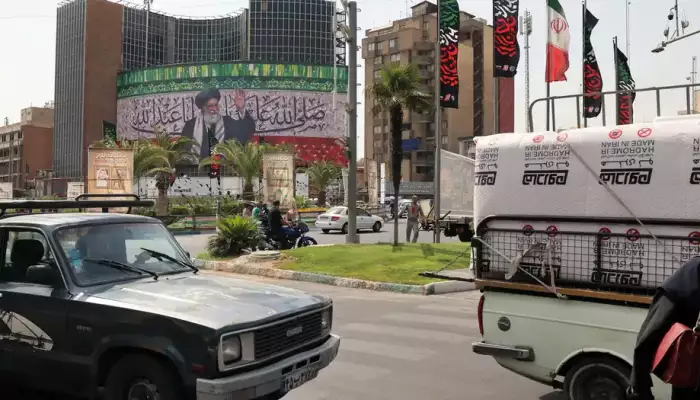
Widespread UN sanctions against Iran came back into force at midnight GMT for the first time in a decade after last-ditch nuclear talks with Western powers failed.
The sanctions will once again freeze Iran's overseas assets, ban arms deals with Iran and penalize ballistic missile development, among other measures.
The "snapback" sanctions were triggered by Britain, France and Germany at the UN Security Council. They argued that Iran violated the 2015 deal to stop it from developing a nuclear weapon, although Iran denies this.
"We urge Iran to refrain from any escalatory action and to return to compliance with its legally binding safeguards obligations," the three European countries' foreign ministers said in a joint statement.
"The reimposition of UN sanctions is not the end of diplomacy."
US Secretary of State Marco Rubio also called on UN member states to "immediately" implement sanctions to "pressure Iran's leaders to do what is right for their nation, and best for the safety of the world."
Iran said on Saturday it was recalling its ambassadors to Britain, France and Germany for consultations.
Earlier, on Friday, Iran's President Masoud Pezeshkian downplayed the threat of sanctions as he left New York.
"It is not like the sky is falling," he said.